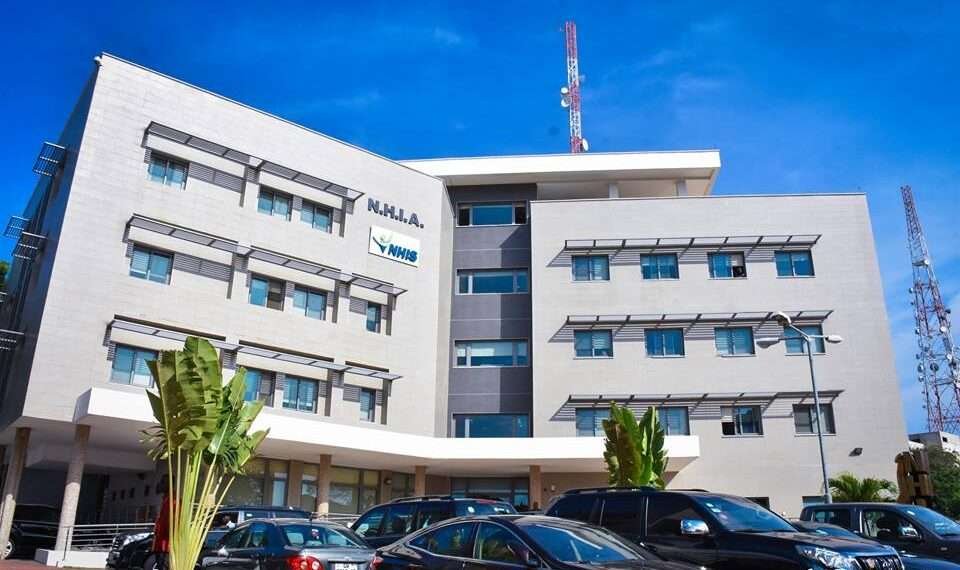According to the National Health Insurance Authority (NHIA), individuals suffering from depression, bipolar disorder, anxiety, and schizophrenia will be able to access treatment services free of charge at any NHIS-accredited health facility across the country starting November 1.
Dr. Da-Costa Aboagye, the CEO of the NHIA, emphasized that the inclusion of these four mental health conditions in the NHIS is a significant step forward in improving access to essential mental health services.
He believes this initiative will not only facilitate treatment for those affected but also contribute to reducing the stigma associated with mental health issues.
By providing free treatment, the NHIA hopes to encourage more individuals to seek help and support for their mental health needs, fostering a more inclusive and supportive environment for all.
“The mental health has also been on the table for a very long time. So, the experts advise us, from the Mental Health Authority, those that we can immediately include and give outpatient and inpatient services. These were selected by the technical team that was put together.
“And I think if you look at our 20-year history. More recently, a lot of things have happened that, like I said, we must obviously applaud the government for what is doing. So, I think this poll gave us the data for us to actually look at a way forward for the others to be added”.
Dr. Da-Costa Aboagye
Dr. Aboagye emphasized that, in addition to specialized psychiatric hospitals, all accredited health facilities will be equipped to provide these services.
He encouraged the public to take advantage of this opportunity and access the mental health care they need.
According to him, “A lot of young people are suffering from depression, and this is their time”.
Dr. Aboagye noted that this is a valuable opportunity for individuals to seek care.
As such, he encouraged everyone to visit any health facility of their choice to access these mental health services Starting November 1.
He emphasized that when visiting a hospital, individuals should not hesitate to inquire about the available treatment options for their mental health needs. “And depending on what you present, it will be assessed”.
Increased Budget Allocation for NHIS
Furthermore, Dr. Da-Costa Aboagye announced that the budget allocation for the scheme has significantly increased.
According to him, this enhanced funding enables the NHIA to expand its coverage to include additional diseases, improving access to essential health services for more individuals.

As a result, the NHIA is better positioned to respond to the growing demand for comprehensive health services, ultimately benefiting the overall health of the population.
“ I have always said that the challenges of the NHIS are not about the money that goes into the government’s coffers, but it’s the release of funds to the NHIS. A lot of people go through anxiety and bipolar disorders.
“So, I think the experts have actually strategically selected this to benefit the whole beginning population”.
Dr. Da-Costa Aboagye
Meanwhile, the World Health Organization (WHO) reports that among patients seeking treatment for mental health issues in Ghana, schizophrenia, substance abuse, and mood disorders are the three most common diagnoses.
Despite the pressing need for mental health care, stigma remains a significant barrier, leading to negative reactions towards psychiatric patients from both their families and the broader community.
The prevalence of depression, anxiety, and schizophrenia remains notably high among individuals seeking mental health treatment in Ghana.
Recent studies indicate that a significant portion of the population experiences symptoms related to these disorders.
This reality underscores the rationale behind the inclusion of these disorders in the NHIS benefit package, which aims to encourage individuals to seek the treatment they need without fear of stigma or financial burden.
READ ALSO: Former One Direction Member, Liam Payne, Dies at 31



















